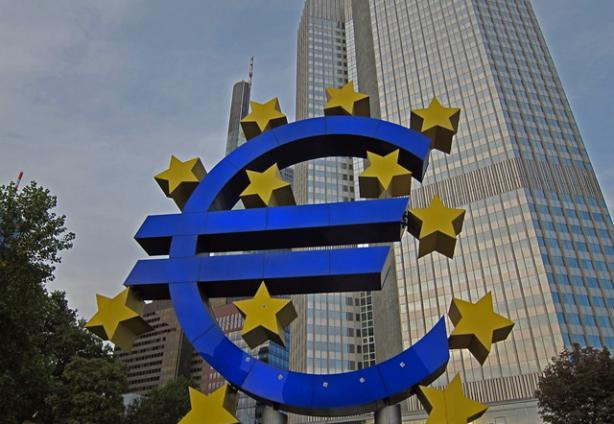Bloomberg News has lost its freedom of information case against the European Central Bank before the EU General Court in Kirchberg.
In August 2010 Gabi Thesing, a Bloomberg journalist, requested copies--under EU rules--of a pair of internal ECB reports analysing the Greek economy which were drafted in March 2010, shortly before Europe’s €240 billion bailout of Greece began.
Bloomberg wanted “to see whether EU officials knew of irregularities in Greece’s public accounts before they became public in 2009,” the agency explained in its coverage of the case.
The ECB rejected Bloomberg’s freedom-of-information requests twice, citing among other reasons, “the protection of the public interest so far as concerns the economic policy of the EU and Greece,” according to court documents.
The news agency filed suit before the EU General Court, which handles cases against EU institutions, in December 2010.
On Thursday, the court dismissed that action.
The judges ruled that the ECB correctly refused to release “outdated” analyses, saying “disclosure of that information would bear the substantial and acute risk of severely misleading the public in general and the financial markets in particular. In a very vulnerable market environment, that disclosure would affect the proper functioning of the financial markets.”
Releasing documents that were months out of date, “might have had negative consequences on access, in particular for Greece, to the financial markets, and might therefore have affected the effective conduct of economic policy in Greece and the EU,” the court said.
The media organisation expressed disagreement following the ruling. “European citizens have the right to know how their money is used to bail out secret financial deals, especially as the European Central Bank takes on more regulatory responsibility for Europe’s banks,” Matthew Winkler, editor-in-chief of Bloomberg News, said in a statement to Delano. “We are disappointed with the court’s ruling to continue the culture of secrecy.”
The ECB is seen by many journalists as less open about its policy making than the UK and US central banks, a perception which the ECB has previously contested.
“The ECB welcomes the decision of the European Court of Justice,” a spokesperson for the central bank told Delano, adding that the ECB would have no further comment on the matter.
Bloomberg has two months to file an appeal to the European Court of Justice, the EU’s top court. A Bloomberg spokesperson would not tell Delano if the news agency plans to do so.
The case is number T-590/10 (Gabi Thesing and Bloomberg Finance LP v ECB).
